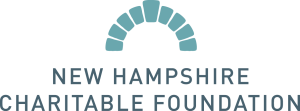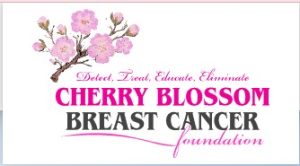Reel Healing – Phyllis Mark
We’re closing out the month of May with our Reel Healing feature. Each month, CfR will highlight a health and wellness volunteer that serves one of our many programs including, psychosocial facilitators, medical facilitators, nutritionists and more. Meet Phyllis Mark, a psychologist, who has served CfR retreats in the Southeast Region. Read more below about her role at a CfR retreat and how it provides “reel” healing for breast cancer survivors and thrivers.
Tell us a little about yourself and how you became involved with Casting for Recovery.
I am a psychologist who has always been interested in how medical issues impact people’s emotional wellbeing. There was an opportunity to provide emotional triage when I worked in an Integrative Health Clinic that was part of the Oncology Department at the University of Alabama Birmingham Hospital. I met women who had breast cancer while doing a research protocol there, and they told me about Casting for Recovery.
As a psychosocial professional who volunteers at CfR retreats, why do you believe the psychosocial component to the retreat is so beneficial and/or necessary?
When someone feels emotionally balanced, their immune function improves. The psychosocial component provided at a Casting for Recovery retreat is important because breast cancer impacts every aspect of a woman’s life: their self-image, their self-esteem, relationships, role in their families, work identities, etc. There are, however, very few outlets for women to process these changes, or to see that they are not alone in their adaptation to having had cancer. Casting for Recovery allows a great environment for women to “compare notes” in a relaxed setting, where they can be understood by women who’ve been there. Often, formal therapy settings feel intimidating, or are inaccessible. The psychosocial aspect of each retreat brings this opportunity for connection to the participants in a way that encourages both light hearted and heavy discussions of where the participants have been on this journey, and where they think they’re going.
What sort of questions & topics do you find participants ask most often during Evening Circle?
Often I have heard about how hard it is to communicate to their families about the changes in their bodies, often their inability to resume the activities they used to participate in, how to navigate healthcare environments, and how to deal with STRESS of all flavors.
During Evening Gathering, I have seen women really relax with each other, and become more comfortable in their connection with each other and staff.
What are some of the most transformative things you witnessed with retreat participants – as a group and/or individually?
Participants who have started learning to regulate their stress, especially using mindfulness and breathing techniques, and women who have been hesitant and unassertive begin to speak up and share their experiences. The support the women give each other, and the incredible commitment of the CfR staff is a way I have seen the women become more refreshed and optimistic about the lives they are returning to.
On the whole, why do you refer people to CfR retreats? Why do you think the retreats are beneficial to women who have experienced breast cancer?
The retreats pack an incredible amount of growth, support, humor, sense of community and fishing into one weekend. Casting for Recovery also provides a variety of diversity which includes skin color, culture, religion/non religion, age and affluence.






